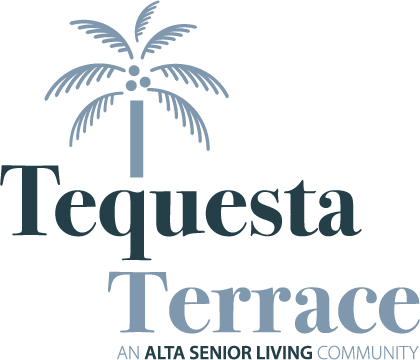When a person is diagnosed with Alzheimer’s disease or a related disorder, family assume they will eventually need to step in and help their loved one with money management. But they should know that in fact, money management challenges are often the first effect of memory loss. The problem may have been going on undetected for some time. According to experts from the Center for Retirement Research at Boston College, “When once-simple financial tasks become difficult or confusing, it can be the canary in the coal mine signaling that an elderly person is developing dementia.”
This is confirmed by a study from Georgetown University. “Alzheimer’s disease isn’t usually diagnosed until symptoms are severe, and its progression typically involves a multi-year process of cognitive decline,” said the study’s lead author, health economist Carole Roan Gresenz, Ph.D. Gresenz says that in the very early stages of the disease, a person may lose their financial capacity, and that can lead to serious losses before family is aware anything is going on.
To learn more about the extent of the problem, Gresenz and her research team compared several years of both medical records and household financial data of people recently diagnosed with Alzheimer’s or a related disorder. “These combined data allow us to track backwards from the date of diagnosis to figure out what was happening to households financially prior to diagnosis,” explained Gresenz. “What we found was that households in which someone is in the early stage of the disease are vulnerable to large reductions in liquid assets, such as savings, money market and checking accounts.”
Signs that a loved one is having trouble managing money
Family should be alert for signs that an older adult is experiencing diminished financial capacity. This can take a little detective work, because different people have different financial management abilities—and their loved one may want to keep such matters private. Warning signs might include:
- Forgetting to pay bills or taxes, or paying twice
- Less attention to and accuracy in balancing their checkbook
- Gradual disorganization of papers and financial records
- Money missing from their bank accounts
- A normally frugal senior exhibiting spendthrift tendencies
- Impaired judgement and uncharacteristic interest in “get rich quick” schemes
- Or, the opposite: unnecessary anxiety about financial matters.
Unfortunately, seniors with memory loss also are a prime target for fraud. Whether it’s bad investments, big loans to a new “friend,” phony sweepstakes, or scam callers pretending to be the IRS or Social Security. Con artists even sell lists of phone numbers or email addresses of seniors they think might have dementia.
What can family do?
It’s best to discuss these matters with your older loved ones before there is a problem. Talk about ways you can help them manage their bills, taxes, insurance, investments. All the other business matters of life, now or in the future, should be discussed. You might work with your loved one to create an informal “advance directive for money management.” It should hold instructions about what should happen if your loved one can no longer manage their money. If the time comes, the family can:
- Help your loved one with bill payment and online banking
- Oversee their checking and credit card transactions
- Contact the bank if you notice irregularities
- Become co-signers on your loved one’s accounts,
- Arrange for a joint signature to be required on purchases over a certain amount
It may be necessary to take charge of your loved one’s finances. You can do this through legal channels such as a durable power of attorney or guardianship. If your loved one is resistant to this assistance, enlist the help of experts. Your loved one’s financial advisor, doctor, an aging life care professional (geriatric care manager) or an elder law attorney can help. It’s so important to handle these matters with respect and understanding.








